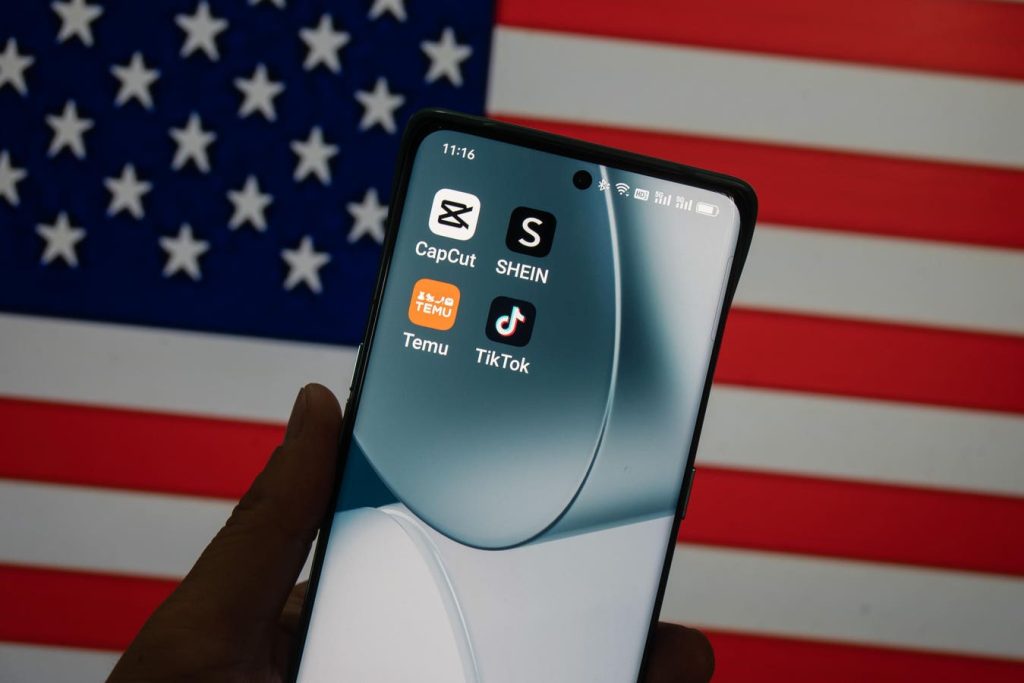The controversial law signed by President Joe Biden in April that could potentially ban TikTok nationwide in January has also put other apps from its parent company ByteDance, including the AI video editing app CapCut, under scrutiny. The Protecting Americans From Foreign Adversary Controlled Applications Act aims to resolve national security concerns about TikTok potentially being used to surveil Americans, access their data, or manipulate their online activities. CapCut, a video editing app that is just as popular as TikTok in the United States, could also face a ban under this law.
CapCut, a video editing app similar to Apple’s iMovie, is used by millions of people globally for editing videos and creating memes before posting them online. Despite being less talked about compared to TikTok, CapCut is heavily used in the U.S. and around the world, with last year’s usage by half a billion people globally. In the U.S., CapCut was downloaded nearly as many times as TikTok, making it one of ByteDance’s most popular apps. It has also become a significant part of American internet culture, with users spending an estimated $24.6 million on subscriptions and special editing features.
Although CapCut does not present the same content issues as TikTok, concerns have been raised about the data it collects and how it is managed by ByteDance in China. A class-action lawsuit has been filed against CapCut, alleging that the platform has illegally profited from sensitive user data such as biometric and geolocation information without clear disclosure to users. These concerns echo previous issues raised about TikTok and ByteDance’s data practices, further highlighting the potential national security risks associated with the app.
Despite its widespread use and importance in internet culture, CapCut has largely escaped attention in Washington, with lawmakers primarily focusing on TikTok’s security risks. The ownership and leadership of CapCut by ByteDance in China raise similar concerns about data privacy and government oversight as seen with TikTok. Lawmakers have been relatively quiet about CapCut, although it is included in the government’s divestiture bill targeting ByteDance apps in the U.S. TikTok and ByteDance argue that the law is overbroad and fails to prove the national security concerns posed by their apps.
Former White House cyber office director Rex Booth believes that the risks associated with CapCut in terms of potential Chinese government surveillance are lower compared to TikTok. Despite the concerns raised about TikTok, the insights it can provide on social networks make it a more attractive target for intelligence gathering. Booth cautions against a nationwide ban on all ByteDance apps, warning of potential consequences and backlash from other countries that may perceive the action as hypocritical. The risk of encouraging similar actions against American apps by other nations, including allies, poses a significant geopolitical concern in the digital realm.













